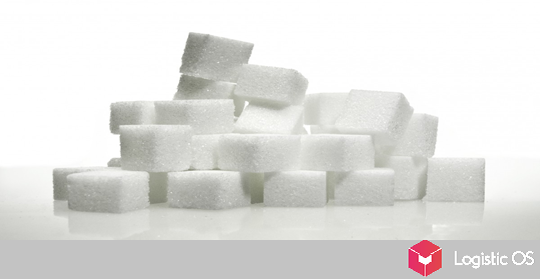A decrease in sown areas and a drop in yields may lead to the fact that the final sunflower harvest in the Russian Federation this season will be seriously reduced.
Experts suggest that this season the gross sunflower harvest in Russia could fall to 15.8 million tons, which would be a decrease of 8.4%.
This opinion was expressed by the general director of the analytical company ProZerno, Vladimir Petrichenko. For comparison, about 17.25 million tons of sunflower were harvested last season.
The Main factor that may lead to a decrease in the gross yield is a decrease in the area sown under a given crop.
If last year 9.9 million tons were sown with sunflowers, this year we see that the area has decreased to 9.7 million tons.
The second factor, which can further reduce the final harvest, is the unfavorable weather conditions that are observed in many areas of the country, experts emphasize.
At the same time, these same conditions can, to some extent, support sunflower.
The thing is that the May frosts caused the death of many crops over a large area throughout the country, primarily winter crops.
As a result, farmers had to reseed, which was carried out primarily with sunflower.
Another factor supporting the sunflower harvest is the new regions of the Russian Federation, where this crop is one of the main ones, because climatic conditions are favorable for growing sunflower.
“We do not expect a decrease in the sunflower harvest; it will be approximately at the same level as last year.
Farmers replanted the grains that had died due to the May frosts, mainly with sunflower and soybeans,” says Mikhail Maltsev, head of the Fat and Oil Union of Russia.
As for other oilseeds, many of them have an even better situation than sunflower.
For example, this year’s soybean harvest could increase from 6.8 million tons to 7.2 million tons. This is directly related to the increase in the area under soybeans from 3.7 million hectares to 4.2 million hectares.
However, weather conditions may play a role and lead to the harvest remaining at last year’s level, even though more was sown, warns Petrichenko.
Agricultural producers also expect that this year they will be able to increase the rapeseed harvest from 4.2 million tons to 4.3 million tons.
In general, analysts do not expect a significant decline in oilseed production or an increase in oil prices.
The reason is that their export from the country is still blocked by high export duties, so oil extraction plants have practically no competitors: they will ultimately have to accept the entire harvest.

